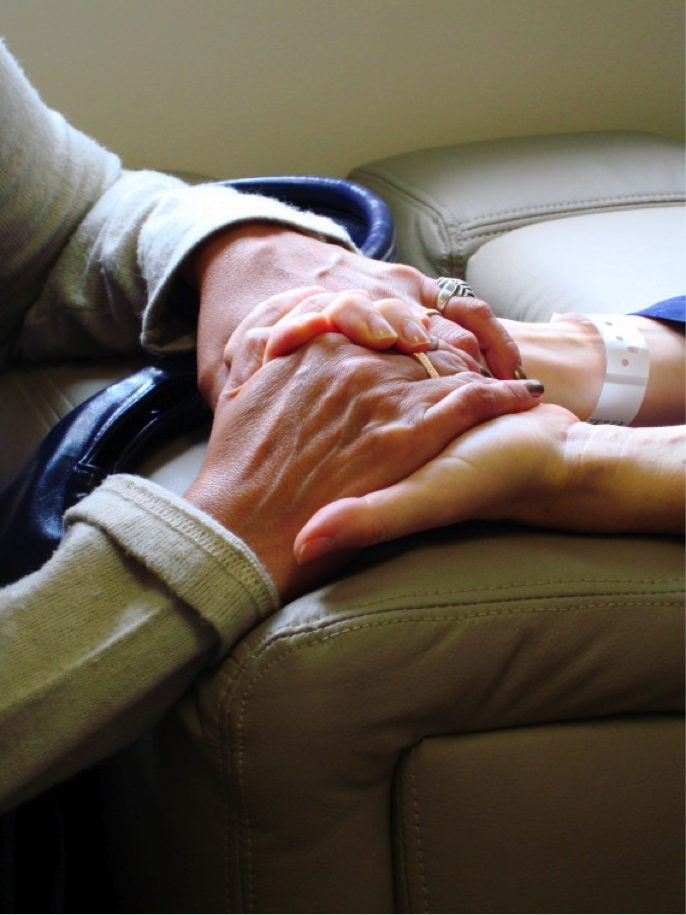As a very famous expression in the field of addiction and abuse – 'Acknowledge the problem and admit you need help'. This is the most important principle of any kind of physical, emotional and spiritual therapy. Cognitive disorders and substance or alcohol abuse are some addictions that are difficult to overcome and easy to relapse into. The important question is how to avoid this relapse, and the answer is through continuing therapy. There is no end to the healing caused by these long lasting disorders.

Once in therapy, it is important to regard it seriously and give it time. Therapy is long term and relatively slower than prescription medication. Addictions or abuse cannot be treated with pills, people need to invest in a complete change of lifestyle and attitude.

Another important change one must incur is major life changes. The very reason why someone gets involved into drugs or alcohol must be eliminated from life. Life changes cannot be made without involving friends and family. Loved ones should be involved in the process from start to end. They should be kept well informed about the progress being made and also the program they had been enrolled in. They should be in the loop about the kind of treatment they were getting and continue it from where it was left off.
After-care is an important aspect of therapy. Outpatient therapy is encouraged among patients. Patients should keep in touch with counsellors and therapists. These trips to the therapist should be made with loved ones. This treatment is meant to keep the patients on the road to recovery and keep them focused.
Patients should also associate with fellow patients who were in the same therapy program. This helps them keep each other motivated. This is where support groups come into the picture. These groups also involve therapists, psychiatrists and even priests. It is important to share feelings and inculcate a feeling of belonging. Others’ progress and problems are a source of companionship and support. These are safe spaces where patients can freely share their feelings and development.
Patients should involve themselves with other encouraging activities and take up hobbies or develop interests that keep them busy. Keeping a job is a tough task for a patient recovering post therapy. But developing an interest in a previously creative or engaging activity is easier and helps better with recovery.
Source:
- Storiedmind.com
- Substanceabuse.lifetips.com
- Treatmentsolutions.com
- Strategies to Overcome Alcohol Cravings During Recovery - July 25, 2024
- How Effective is Drug Abuse Rehabilitation? - May 31, 2024
- Choosing a Drug and Alcohol Rehab Center: What to Consider - April 18, 2024

